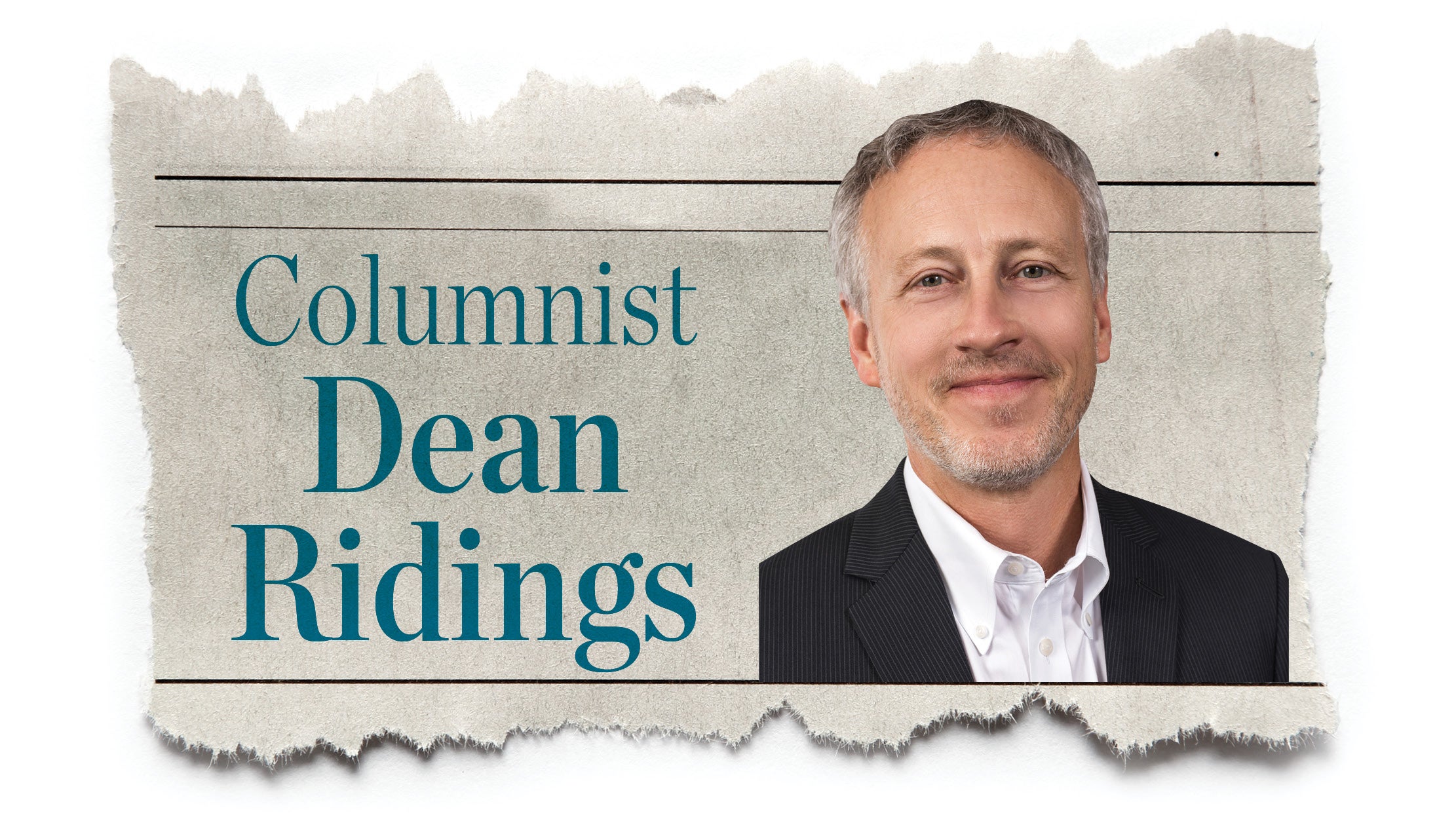Don’t hesitate to go big in response
Published 9:03 am Tuesday, March 17, 2020
Former U.S. Speaker of the House Newt Gingrich is currently in Italy, one of the hardest hit countries in the coronavirus pandemic.
Gingrich, whose wife Callista serves as U.S. ambassador to the Vatican, wrote over the weekend of the conditions he saw as the country is locked down and its medical system is swamped and undersupplied, describing the triage situation as like that of a battlefield.
Hoping to avoid a similar situation in the United States, Gingrich called on the government to take unprecedented action.
“We should be planning for a worst-case pandemic and using the kind of intensity of implementation which served us so well in World War II,” Gingrich said. “Getting enough ventilators, masks, intensive care units, treatment medications and aggressive community-wide testing are the minimum steps to saving lives and stopping the pandemic.”
His sentiment seems markedly at odds with the rhetoric he has espoused throughout his career.
The leader of the conservative 1994 takeover of Congress, the former speaker built his name running against what he called “big government.” Gingrich, and many of his acolytes, have often decried public solutions in favor of solutions they said would come from the private sector.
It’s the kind of thinking that was echoed by conservative activist Grover Norquist, who famously boasted that he wanted to shrink government to the size it could be “drowned in a bathtub.”
Obviously, no one wants pork and bloat in government, but the decades of demonizing the concept of public infrastructure and federal leadership has taken its toll.
A change in thinking is needed. There is demonstrable, indisputable value to building a strong public infrastructure for situations like these.
For decades, Americans held this view, whether through Democrats like Franklin Roosevelt, Harry Truman and John F. Kennedy or Republicans like Dwight Eisenhower.
It was only in later years that thinking in Washington changed into the current dogma in place with many leaders.
And we have seen the consequences of this shift away from valuing a prepared government framework with the Trump administration’s decision to disband the National Security Council’s pandemic team, which could have provided much-needed leadership for this crisis.
We are glad Gingrich appears to be rethinking his rigid ideology to some degree in this crisis and hope that perhaps a change of thinking will come quickly across the federal government.
Instead of the disorganized messaging we have seen so far from the executive branch, the nation needs leaders in Washington to provide in-depth, informative updates, devote unprecedented resources toward testing and supply hospitals with everything they will need in coming weeks and months.
This crisis can not be spun away, no matter how much some may want that to be the case.
The pandemic could be the biggest challenge the world has faced in generations and all in Washington need to immediately make up for lost time and throw everything possible at this.




